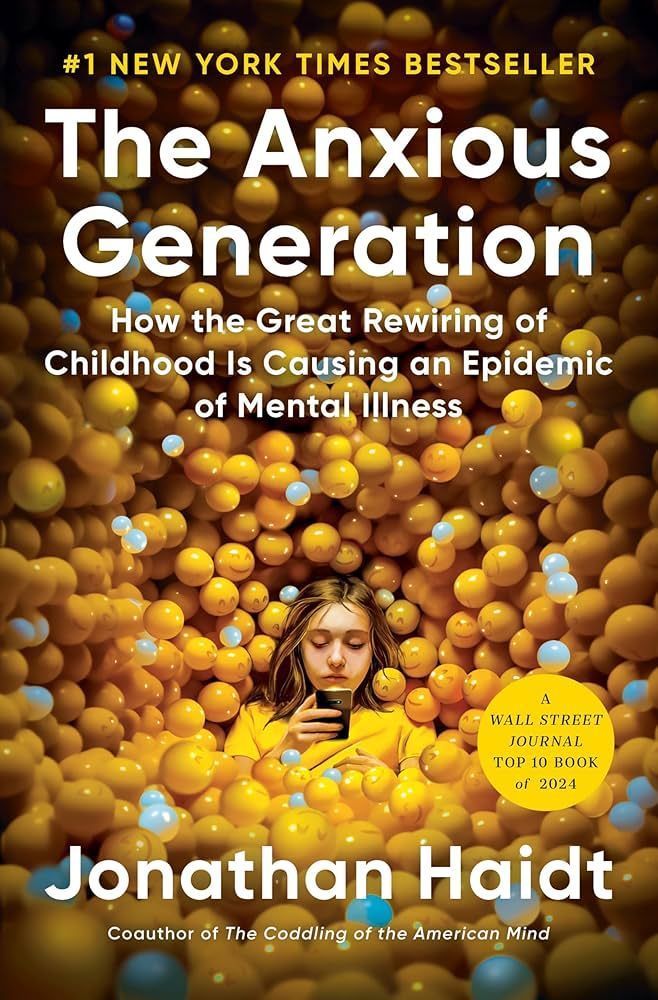My goal at Elle L. Psychotherapy is to create an inclusive space where you can feel vulnerable and express yourself without judgment. My approach to therapy is strengths-based and integrative, so treatment is collaborative in creating individualized goals for therapy and making our time together a place where you can feel heard and understood.

Elle Laub, LMHC-D, LPC | Owner & Director of Elle L. Psychotherapy
Professional Development
Academic Training
Elle attended Boston College for both undergraduate and graduate degrees, where she studied Applied Psychology & Human Development and received her master's degree in Mental Health Counseling. Elle holds a certification as a National Certified Counselor.
Presentations
Elle has presented at many academic institutions on the harms of diet culture, weight stigma, internalized and externalized fatphobia, and how these can lead to the development of an eating disorder. Elle has ran a caregiver coaching group for those with loved ones struggling with an eating disorder; providing tangible skills and psychoeducation.
Clinical Experience
Elle trained at The Renfrew Center, one of the nation’s leading eating disorder treatment centers. She uses a combination of theoretical orientations including Cognitive Behavioral Therapy, Dialectical Behavioral Therapy, and mindfulness practices. She has experience and training with those struggling with anxiety, depression, and interpersonal relationship issues.
Referenced as a Source in
The Anxious Generation, a #1 NYT Bestseller

In The Anxious Generation, Jonathan Haidt explores the alarming rise in mental health struggles among adolescents, with a particular focus on the harmful effects of social media on young girls. In the chapter addressing this issue, Haidt outlines how platforms like Instagram and TikTok have created a digital environment saturated with appearance-focused content, relentless social comparison, and algorithm-driven exposure to unattainable beauty ideals. He presents compelling data linking the dramatic increase in screen time—especially image-centric, asynchronous social media use—to spikes in anxiety, depression, and eating disorders among teen girls. By connecting neuroscience, psychology, and social trends, Haidt argues that this digital landscape has disrupted normal adolescent development, leading to a public health crisis rooted in self-image and belonging.

